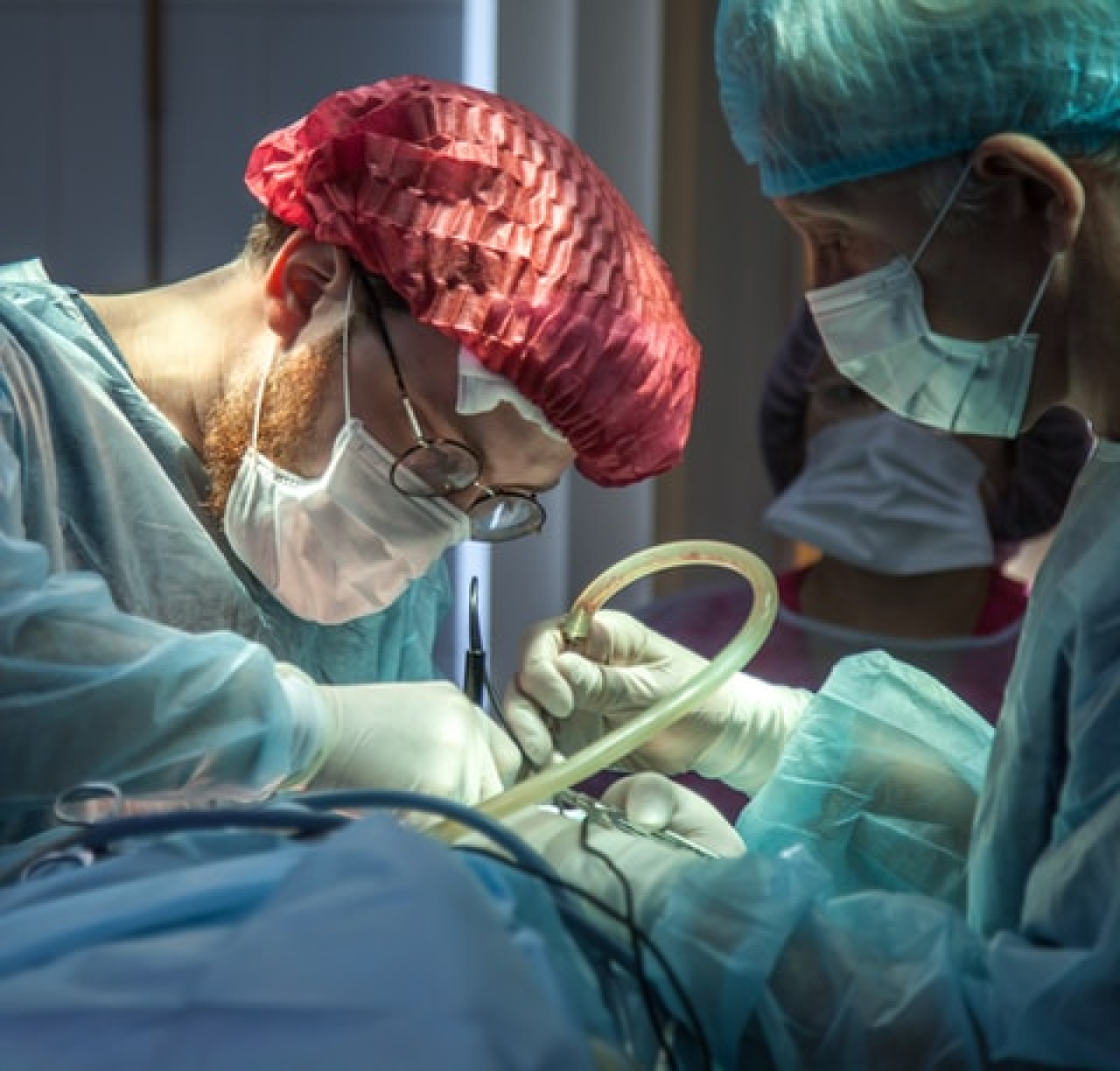
Get the Right Care

Community Involvement
Can You Fly after Bariatric Surgery?
Choosing to undergo weight-loss surgery is a serious undertaking, and we congratulate you! It will take an incredible amount of willpower and patience for your body to transition into new, healthier habits.
Each day will feel like you're beginning a new chapter or even a new era. But patients are often eager to return to the normal parts of their life, such as work and being in their home. They might wonder if it is safe to travel post-op, or if they can fly after bariatric surgery.
The reason your surgeon will likely not recommend you to fly after your bariatric surgery is because you run the risk of developing blood clots.
Also called deep vein thrombosis (DVT), blood clots can develop in your leg's veins that are not visible. Caused by sitting in a confined space for long periods of time, people who travel by plane, train, bus, and car for over four hours have a high risk of developing DVT.
There are other factors that can increase your chance of DVT, including obesity, age, a history of clots, and recent surgery. Some people don't show symptoms, but it's important to notice if:
Your legs or arms swell
You have unexplainable tenderness or pain
Your skin is warm
Your skin has a redness
It's essential to discuss your flight plans with your bariatric doctor ahead of time, so they can advise you on the proper steps to take post-op.
For example, in the immediate postoperative period (the first week after surgery), patients of Dr. Michel Gagner are maintained on anticoagulants (low molecular weight heparin) in order to decrease the incidence of post-op DVT and pulmonary emboli, especially if they intend to fly. We recommend that anyone flying during this period be on an anticoagulant, and should maintain excellent hydration as well.
Every surgeon recommends not flying for at least six weeks after weight-loss surgery because it takes the stomach six to eight weeks to heal if you had a gastric sleeve, for example. But some people will travel because they need to return home, and their doctor has approved it. Each case is different.
Before you leave your surgeon's care, have them provide you with a doctor's letter. You will need to keep this close at hand when travelling in order to show it to the customs guards and other airport officials in case there's any question about what you can bring onboard with you, like vitamins and supplemental foods.
If you are approved to fly, we recommend following the tips included below to ensure that you stay healthy and won't experience any trouble post-op.
Flying doesn't have to be painful. With support hose, compression socks, compression stockings—whatever you want to call them—you can save your ankles from swelling up and avoid the struggle to the baggage claim. This type of accessory is a must-have to maintain your blood's circulation and keep the risk of DVT low, even on long flights.
Compression hose, socks, and stockings are designed to gently squeeze your leg and foot, so the blood circulates. If you feel pain, then you need a different size. These days, you can get these affordable accessories with fashion-forward designs.
In general, it's a good idea to not sit for too long, whether you're at home or working at your job. It's the same thing when travelling, even if it's only a two-hour flight. Stretch your legs and take a stroll through the plane's aisles. When you're waiting for your flight, take that opportunity to walk around and browse the shops. You don't have to buy anything; it's just an excuse to move around.
Another little exercise is to rotate your calves every 30 minutes. If you have the space or a free chair beside you, cross one leg over the other at a 90 degree angle. Do this for each leg for 30 seconds.
If you're not leaving for several days after surgery, explore the city. It's not only great for your body, but your mind needs it to clear out the cobwebs. Undergoing medical procedures doesn't mean you have to stop enjoying life.
With all of the walking and travelling you'll be doing, keep a water bottle with you at all times. If you have to go through Customs, bring an empty one, so you can fill it later. An alternative is confiding in the flight attendant to make sure you have access to water.
It's important to speak with your doctor about your postoperative diet. If you have any worries about what you can eat and drink while on the plane, our staff will provide you with detailed guidelines.
While travelling, continue to take every safety precaution against COVID-19. We encourage you to wear a mask when out in public, carry hand sanitizer on your person, use hand sanitizer dispensers where available, and keep six feet apart as often as possible.
Travelling is complicated and can be more so after surgery. We want you to feel comfortable and at ease, so feel free to share your concerns with our compassionate staff. We will walk you through the surgery process and everything after that. Our staff ensures that all patients are prepared for surgery and their new lifestyle.
Clinique Michel Gagner has various clinics throughout Canada and the United States. Book a consultation today!